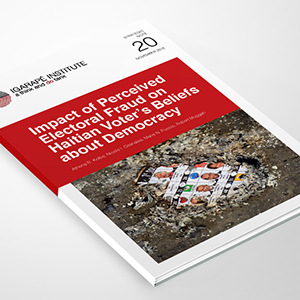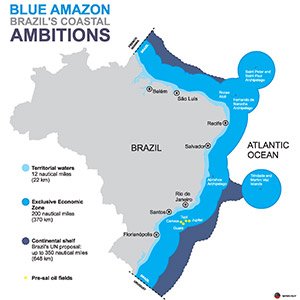
Murders, and Not Terrorism, Make India a Really Dangerous Country
The Wire – India records the second highest number of murders in the world every year

The Wire – India records the second highest number of murders in the world every year

The Jerusalem Post – “In Israel, we don’t feel threatened with imminent violence. The feeling of security with our police and army plus unity of the population reinforces the generalized feeling that we are not alone.”

Last night’s Question Time panel followed the House of Commons in debating Syria and whether Britain should be bombing there

After nearly three years of peace negotiations, the Colombian government and the Revolutionary Armed Forces of Colombia (FARC) announced a final peace accord would be signed before March 23, 2016

Prime Minister Justin Trudeau’s commitment toward major drug law reform is a welcome if belated recognition that when it comes to marijuana, Canada has been an emperor with no clothes for several years

Are the Sustainable Development Goals in danger of collapsing under the weight of their own lofty ambitions?

The New Yorker – This is the second in a three-part series, “Faces from the Border,” about Mexican-American agents on the border between the United States and Mexico

Miami Herald – A poll by an independent research group has found deep public suspicion of the first round of the presidential election in Haiti

New York Times – A poll by an independent research group has found deep public suspicion of the first round of the presidential election in Haiti

An Igarapé Institute research team administered household surveys in 135 polling stations before and after the election to assess attitudes about the electoral process; this publication gathers it’s results.

The Conversation – The argument for the use of police body cameras is gaining momentum in South Africa, amid growing demand for greater police accountability

Agosto pasó a la historia como uno de los más negros para El Salvador desde la guerra civil que concluyó en 1992. El saldo de ese mes fue: 911 asesinatos en 31 días

Brasil har siden 2004 ledet FNs stabiliseringsstyrke på Haiti, og aldri tidligere har Sør-Amerikas største land sendt flere soldater ut på internasjonale oppdrag. Brasilianske toppdiplomater har de siste årene fått lederjobbene i viktige internasjonale organer som FAO og WTO. Tidligere president Luiz Inácio Lula da

As urban areas swell around the world, leaders are seeking better ways to accommodate citizens. Experts offer advice

Detectives in Manaus are investigating whether police death squads or criminal gangs were involved in a rash of execution-style killings that left 35 people dead in just three days. As the authorities flooded the streets with officers to reassure a nervous public, city officials were

Violent crime is deeply entrenched in some developing countries, particularly in Latin America. Our experts offer these solutions to bringing down high rates

How can we bring down crime in the world’s most dangerous cities

Absence of laws and light penalties set the stage for Brazil’s cybercrime

After years of shoring up security alliances in Latin America and the Caribbean, Brazil is now looking eastward, asserting its influence across the Atlantic Ocean

CNN’s Fareed Zakaria GPS looks at “new interactive map” that “tells you where not to go”.

A macabre interactive map exposes the nations where people are most likely to be murdered

Are homicide statistics just another number crunching exercise or a helpful indicator for humanitarian intervention?

Honduras, El Salvador, Venezuela and Brazil earn unwanted distinction but homicides are concentrated among young male poor and policing can slash rates

Ilona Szabó shares four lessons to change the world based on her experience in two transforming social movements

Security researcher Robert Muggah turns our attention toward “fragile cities”. He shows us the four big risks we face, and offers a way to change course.

Cape Town and Rio de Janeiro have joined hands in trying out a new policing system. The famous cities are employing the use of mobile cameras to strengthen policing in various districts while improving police accountability and enhancing police relations with society. The initiative is

México se ha convertido en el paraíso del tráfico de armas para los grupos criminales, según denuncian los expertos. De los casi 15 millones de armas que circulan en el país, alrededor de 13 millones tienen procedencia ilegal. El principal proveedor es Estados Unidos Según

Normally, Rio is numb to violence. Each year, the number of homicides in the city of 12 million people is about one-third that of the entire United States with its 320 million people.

Vishva Samani reports on how smart policing in Brazil keeps a check on the police

This concept note parses out emerging “southern-effect” and some of its wider implications for engagement with fragile states in the twenty first century.

O Instituto Igarapé utiliza cookies e outras tecnologias semelhantes para melhorar a sua experiência, de acordo com a nossa Política de Privacidade e nossos Termos de Uso e, ao continuar navegando, você concorda com essas condições.

